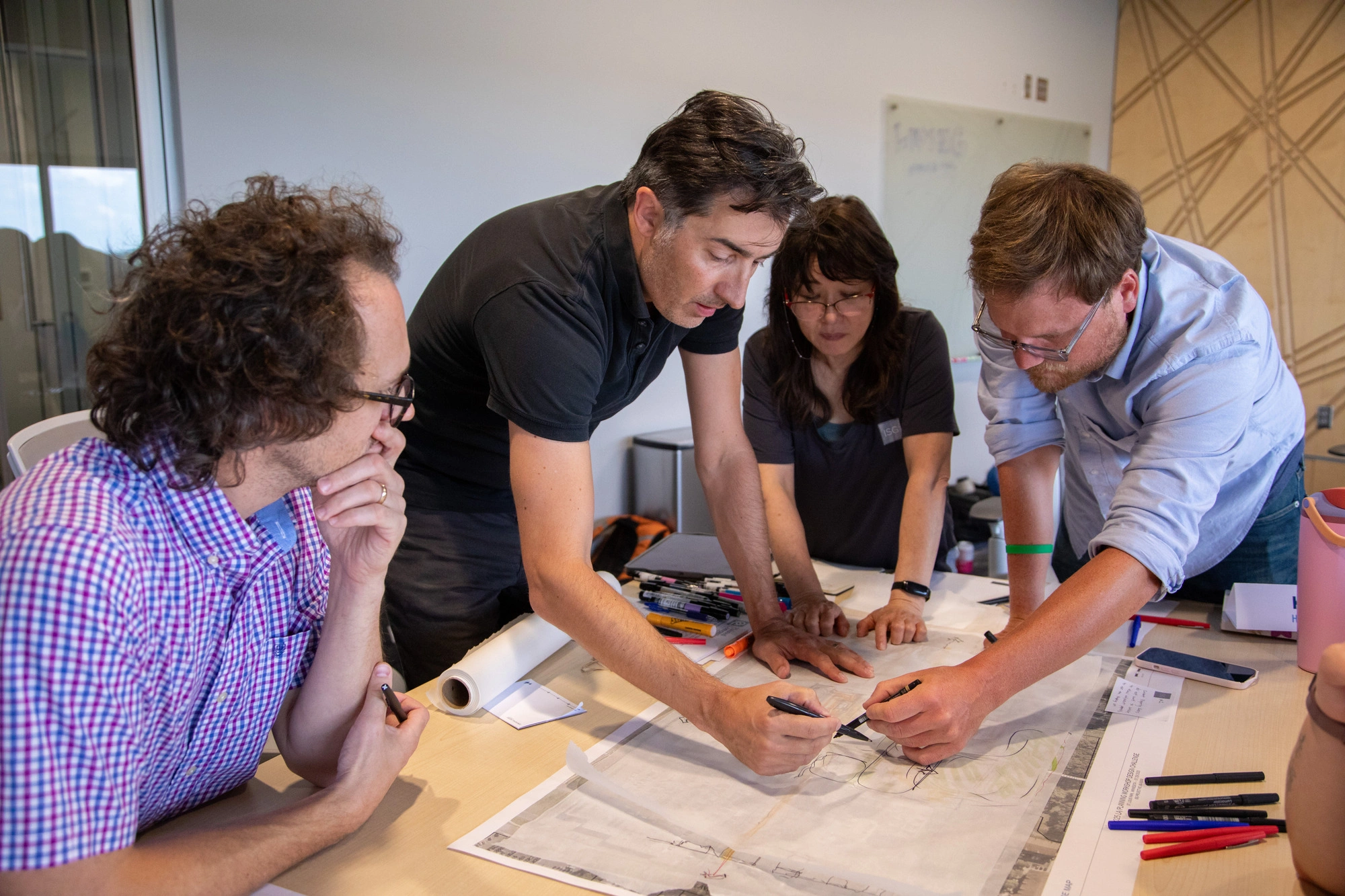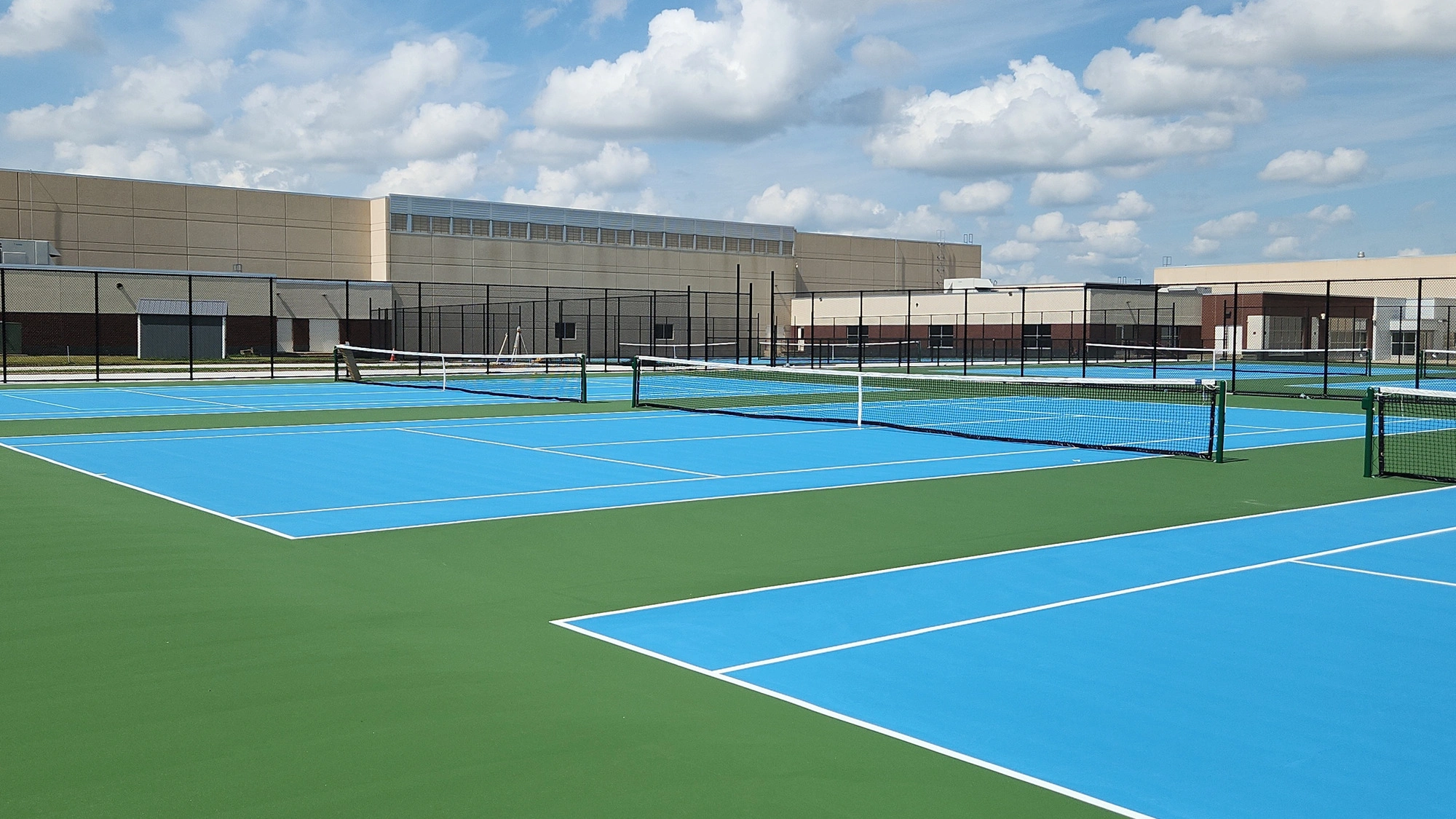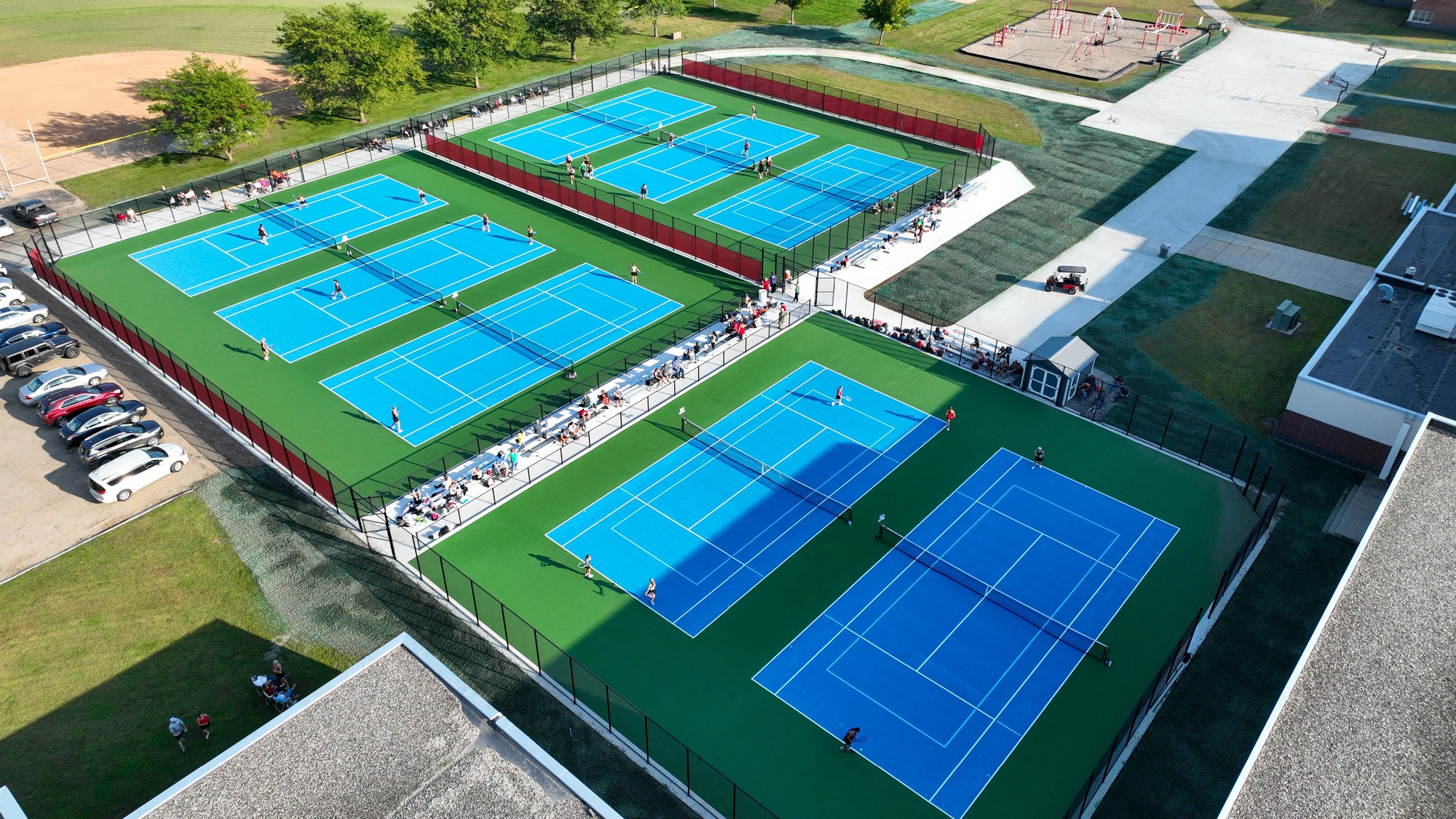Living in the Grey to Uncover the Green
If generations could be defined by one word, an apt phrase for our current period may be “immediacy”. This sense of immediacy courses through our society, influencing not only how we experience our entertainment, but how we gather and disseminate information and develop our policies. Though I can appreciate the occasions when speedy responses and decisiveness are required, a negative outcome of constricting the deliberation of a thing is that we grossly oversimplify the options available to us. We take complex issues and distill them down to either/or scenarios. The tendency toward immediacy demands a confrontation of the sides and requires a person to be either for or against a topic. We are no longer allowed to hold the tension of the opposites in our mind and consider that both/and may be the more appropriate option. I think this is a vital lens from which to view our discussions surrounding the use and production of our energy portfolio.
Emission reductions vs. unfunded mandates, climate change believers vs. hoax enthusiasts, renewable energy vs. fossil fuels, cheap energy vs. sustainable energy, etc. The way these discussions are being presented requires one to pick a side. Furthermore, it nearly mandates that the opposing side be vilified. Meanwhile, there is absolutely no appreciation for the nuance this complex situation presents. There is a real story to be told regarding the depletion of our polar ice caps, the rising atmospheric temperatures, and the increasing sea levels. These climate stories demand that we evaluate how we generate and use energy. Conversely, there is a real human story attached to the abandonment of coal mines and power plants, land lost to wind and solar fields, and the burdensome cost of updating an aged grid system to accept new energy sources. These personal stories demand that we carefully evaluate all options before taking extreme measures. None of this is an either/or. If we are to provide meaningful, lasting solutions to any of these issues, the approach must include both/and. Both stories are real and both stories need to be held in consideration. I believe they can, if (and I know how unpopular a sentiment this will be) we resist the demand for immediacy— the impulse to draw your line in the sand and pick a side right now.
There may be a strong reaction to that statement and an assumption that what I am recommending is that we don’t act. Please hear me and try to understand. I find the evidence surrounding the immensely harmful impacts of humankind’s free use of fossil fuels to be undeniable. And though I have only ever scratched the surface of the research on the topic, I find it feasible that if left unchecked, our abuse of the environment could become irreversible. It is imperative that we lose no time in shifting course. However, I also know that those companies that have engineered our energy systems are part of the solution and have the expertise to develop the tools to get us moving in the right direction. Gas companies, industrial plants, manufacturers—they are the seeming pariah of the clean energy movement, but need not be. They can be, and in most cases already are, allies in the everchanging frontier for a cleaner world.
We are neck-deep in both/and, and that’s exactly where we need to be. We need both the ingenuity and passion of the “environmentalist” and the practicality and expertise of the “traditionalist” to forge a new equitable and sustainable path for everyone. My work as an engineer at ISG allows me the opportunity to interact with this dichotomy daily. It has helped me to settle into the grey space of nuance—the space we need to get comfortable in to find a beautifully green new world.

Related Articles


The Future of Southern Minnesota Lakes Conference Returns To Inspire Action on Lake Planning, Preservation, and Restoration
ISG is bringing back The Future of Southern Minnesota Lakes Conference for its fourth year from March 6–7, 2026 creating space for lake association members, environmental professionals, and community leaders dedicated to preserving and restoring Southern Minnesota lakes.





.webp)

.webp)
_webfull.webp)
.webp)



